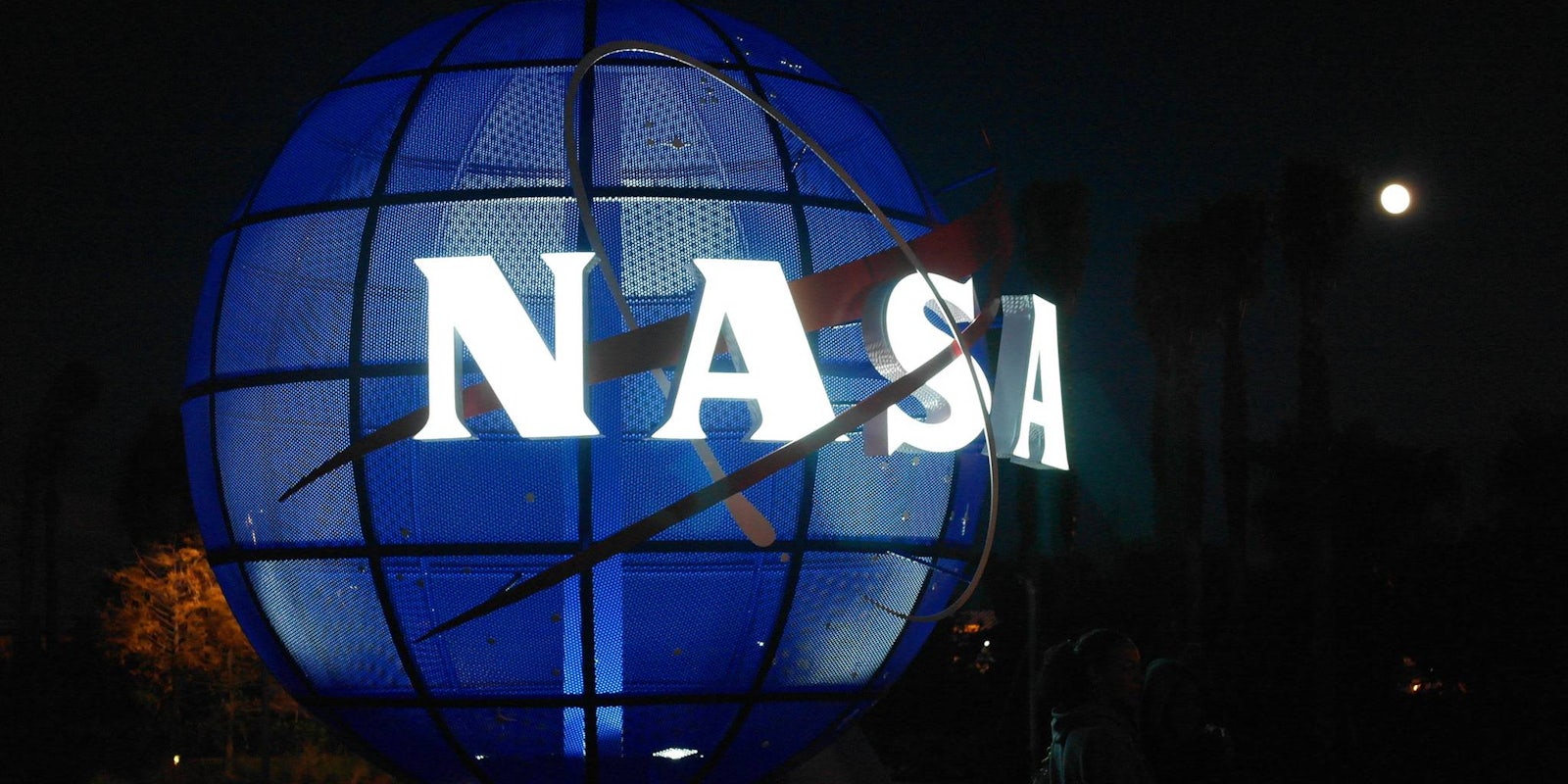Cybersecurity officials at NASA’s Jet Propulsion Laboratory (JPL) are reportedly “not happy” that a U.S.-born scientist employed at the lab was forced to give Customs and Border Protection agents access to his government-issued phone when returning from a recent trip to Chile.
Scientist Sidd Bikkannavar said he was detained by agents upon his arrival at Houston’s George Bush Intercontinental Airport on Jan. 31. At first, Bikkannavar said he refused to give up his phone PIN, because it contained sensitive information and the phone was NASA property. CBP agents insisted they had the power to demand passcode, so Bikkannavar felt he had no choice.
“I was cautiously telling him I wasn’t allowed to [hand over the NASA-owned device], because I didn’t want to seem like I was not cooperating,” Bikkannavar told Ars Technica UK. “I told him I’m not really allowed to give the passcode; I have to protect access. But he insisted they had the authority to search it.”
The phone was in CBP custody for roughly 30 minutes before being returned to Bikkannavar. According to a CBP document about the inspection of electronic devices given to Bikkannavar, CBP can make copies of the information on electronic devices. Bikkannavar said he has no knowledge of what happened to the phone during those 30 minutes.
Bikkannavar was also unable to comment on the information that was on the phone, but said JPL has given him a new device with a new passcode. The Daily Dot reached out to the JPL for comment on the situation.
this is from an IRL friend of mine. this is NOT my america. EVER. #MuslimBan Siid is a US Citizen. @CustomsBorder u say “Welcome Home” #NASA pic.twitter.com/W4UtF88rJy
— Nick Adkins (@nickisnpdx) February 6, 2017
The detainment left Bikkannavar wondering why he was singled out, since he is a U.S. citizen, a government employee, and is registered in the Global Entry program. When he asked agents, he was given no answer.
Bikkannavar gave a detailed account of what happened at the airport to the Atlantic in a story published Monday afternoon.
The Global Entry program, a system designed to give low-risk, pre-approved travelers expedited clearance at international airports. The program keeps all of registrants’ relevant information in a single database that can be easily accessed by other government employees, including anything the CBP agents should have needed. Since Bikkannavar travels a lot between work and his solar-powered car racing hobby, the program allowed for easier travel.
“Sometimes I get stopped and searched, but never anything like this,” Bikkannavar told the Verge. “Maybe you could say it was one huge coincidence that this thing happens right at the travel ban.”


